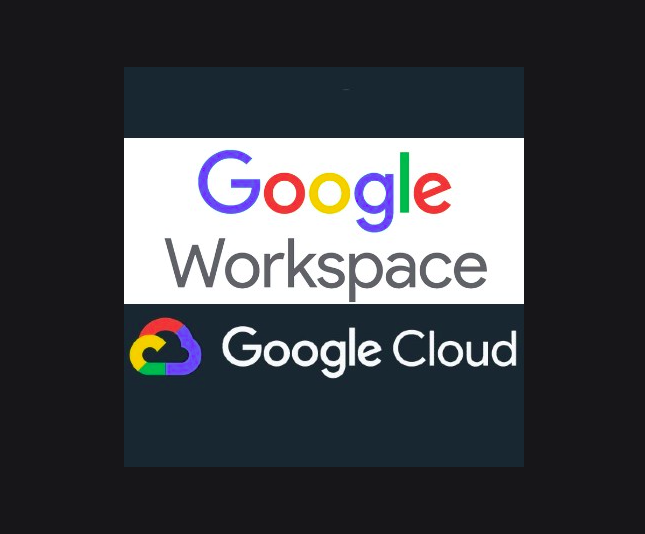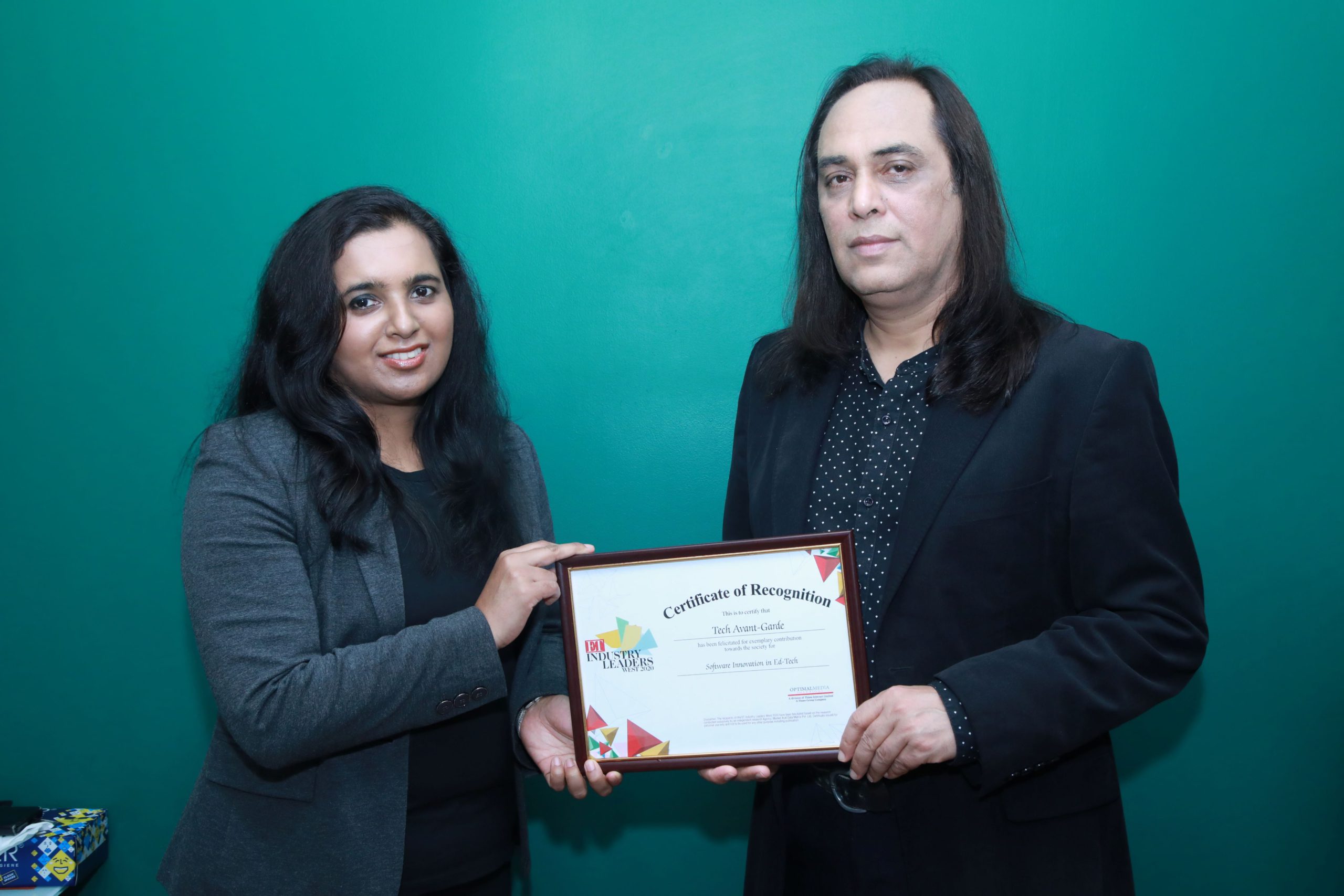Spaces in Google Chat, now live for everyone, provide customers with a central place for flexible collaboration in Google Workspace
Updates to Google Meet and Calendar make hybrid meetings more equitable; new Google Meet Series One hardware and third-party interoperability provide customers greater choice and flexibility
Google announced major advancements that further the company’s vision for hybrid work with a single connected experience in Google Workspace, helping employees to collaborate equally regardless of location, device preference, role or language.
These advancements include the rollout of spaces in Chat, along with new meeting enhancements and conferencing hardware to help organizations bridge the gaps as they navigate new hybrid work environments.
Google Workspace Senior Director of Product Management Sanaz Ahari said as some people return to the office, teams need that ability to flexibly collaborate from anywhere, anytime.
“At Google, we face the same challenges that I’ve heard from many of our customers: how do we stay in sync, make decisions, and build team culture in a hybrid environment? The innovations we’re bringing to customers today help bridge the gaps of virtual and in-person collaboration,” said Sanaz Ahari.
Sanaz Ahari said he is especially excited about spaces–a new, dedicated place in Google Workspace to share information, advance projects, and build community as teammates.
A dedicated place for people, topics and projects: spaces are now live for everyone
Spaces are the central place for team collaboration in Google Workspace and starting today, spaces are live for all users. Spaces are unique in that they are tightly integrated with Google Workspace tools like Calendar, Drive, Docs, Sheets, Slides, Meet, and Tasks, providing a better way for people to engage in topic-based discussions, share knowledge and ideas, move projects forward and build communities and team culture.
With spaces, it’s easy for users to see the full history, context and content of conversations, so everyone can follow along and jump in to contribute at any time.
In the coming weeks and months, Google will add even more unique features in spaces to help teams stay organized, connected and collaborative, providing an experience only Google can offer:
Streamlined navigation:
A flexible user interface helps users easily access their inbox, chats, spaces and meetings—all from a single location—so they can stay on top of everything that’s important.
Discoverable spaces: Spaces and their content can be made discoverable to all members of an organization, so other people can find and join the conversation. Administrators can also set discoverability as the default for their organization.
Enhanced search:
Allows users to easily find content from within and across spaces, or even discover new spaces to join. “Search everything” in spaces opens up powerful new collaboration possibilities and makes it easier to access the team’s collective knowledge base.
In-line topic threading:
The ability to reply to any message within a space fuels deeper discussions and collaboration across teams and organizations.
Robust security and admin features:
Tools for content moderation, managing spaces, and establishing the right rules for healthy communication across domains and companies.
Making hybrid meetings more collaborative and equitable
As companies return to the office, continue working virtually or adopt a hybrid model, it’s important that meeting participants can connect, create, and collaborate equally from any location.
With this shift in mind, Google is announcing new features to ensure everybody is able to engage when and where it works for them:
Working location in Google Calendar:
In addition to indicating virtual or physical presence in meeting invites, team members can now set their working location in Calendar, on a regular basis or by segmentable working hours. By showing others which days of the week you plan to be in the office, working from home, or working from another location, it’s easier to plan in-person collaboration or set expectations in a hybrid workplace.
Google Meet calling:
Designed to be a seamless experience of initiating a video or audio call between one or more participants, Meet calling complements Meet’s more structured, scheduled video meetings and better supports the ebbs and flows of hybrid work by allowing for more spontaneous connections. Google intends to bring Meet calling to all the natural endpoints in Workspace where you’d initiate an ad-hoc call including chats, contact cards, and spaces. Today, Google is announcing this will be coming first to 1:1 chats within the Gmail app.
Companion mode in Google Meet:
Rolling out to all customers beginning in November, Companion mode will allow users to seamlessly join meetings from their personal device while leveraging in-room audio and video.
Live-translated captions in Google Meet:
Later this year, live-translated captions will be available in English to French, German, Spanish and Portuguese, with many more languages coming in the future, so attendees can follow along in the language of their choice from a personal device.
New meeting hardware and third-party interoperability for more choice and flexibility
As people start returning to the office, either on a full-time or part-time basis, meeting hardware in conference rooms and shared spaces that is easy to deploy, use and manage will allow users to easily connect and participate in meetings.
To help this transition, Google is announcing an expanded Google Meet hardware portfolio, equipped with two new all-in-one video conferencing devices, third-party Meet-certified devices, and interoperability with Webex by Cisco:
New all-in-one all video conferencing devices:
Google is announcing Series One Board 65 and Series One Desk 27, new all-in-one video conferencing devices to complement the Series One rooms kits. The Series One Desk 27 is configured for desktops and small shared spaces in the office or at home, whereas the Series One Board 65 is designed for team rooms and shared spaces and has an optional stand for configuration flexibility. Both devices feature collaboration capabilities with the Jamboard app built right in and can be used as an external display via USB-C. This also allows users to use the conferencing service of their choice with connection from their laptops. The new devices were developed in partnership with Avocor, a leader in interactive displays. Pre-orders can be placed with Avocor.
New third party devices:
Google has certified the Logitech Rally Bar Mini and Rally Bar to work with Google Meet, providing an all-in-one video bar for small and mid-sized rooms. Join Logitech’s Sept 21 webinar for more details. Additionally, Appcessori is launching a new mobile device speaker dock, Rayz Rally Pro, that will automatically launch Google Meet for video meetings and provide an enhanced audio experience from mobile devices.
Support for interop with devices from Webex by Cisco:
Workspace customers may currently use Pexip for Google Meet to seamlessly join Meet meetings from the widest range of 3rd-party video conferencing solutions. Today, Google is announcing support for bidirectional interoperability with devices from Webex by Cisco and Google Meet hardware (rolling out later this year). This enables customers to launch a Google Meet meeting on Webex hardware and a Webex meeting on Google Meet hardware. Calling interop between Meet and Webex is supported on the Series One Board 65, Series One Desk 27, and the rest of the Google Meet hardware portfolio, as well as Webex Room Series, Room Kit Series, Desk Series and Board Series.
Wainhouse Research senior analyst Dan Root said with long-term hybrid workflows gaining traction, organisations are looking for better ways to adapt to rapidly changing work environments and needs of employees.
“Google Workspace is continuing to expand its product offerings and capabilities in order to provide the right technology and tools that allow individuals and organizations to embrace a work from anywhere culture. For example, the new Google Meet Series One hardware devices can flex and scale to the user’s desired workflow, helping to more readily bridge the gaps of hybrid work,” said Dan Root.
Navigating hybrid work
While it’s exciting to bring these new Google Workspace experiences and devices to customers, navigating hybrid work will continue to be a journey of learning and adaptation. To help better prepare an organization or team, Google has released a Hybrid Handbook with best practices navigating hybrid work.
About Google Workspace
Google Workspace enables teams of all sizes to connect, create and collaborate—to drive innovation from any device, and any location. Built on the industry’s leading cloud-native communication and collaboration platform, Google Workspace brings together the apps loved by billions of people—Gmail, Chat, Calendar, Drive, Docs, Sheets, Meet and more—into a single integrated workspace.
About Google Cloud
Google Cloud accelerates organizations’ ability to digitally transform their business with the best infrastructure, platform, industry solutions and expertise.
Google Cloud delivers enterprise-grade cloud solutions that leverage Google’s cutting-edge technology to help companies operate more efficiently and adapt to changing needs, giving customers a foundation for the future. Customers in more than 200 countries and territories turn to Google Cloud as their trusted partner to solve their most critical business problems.





